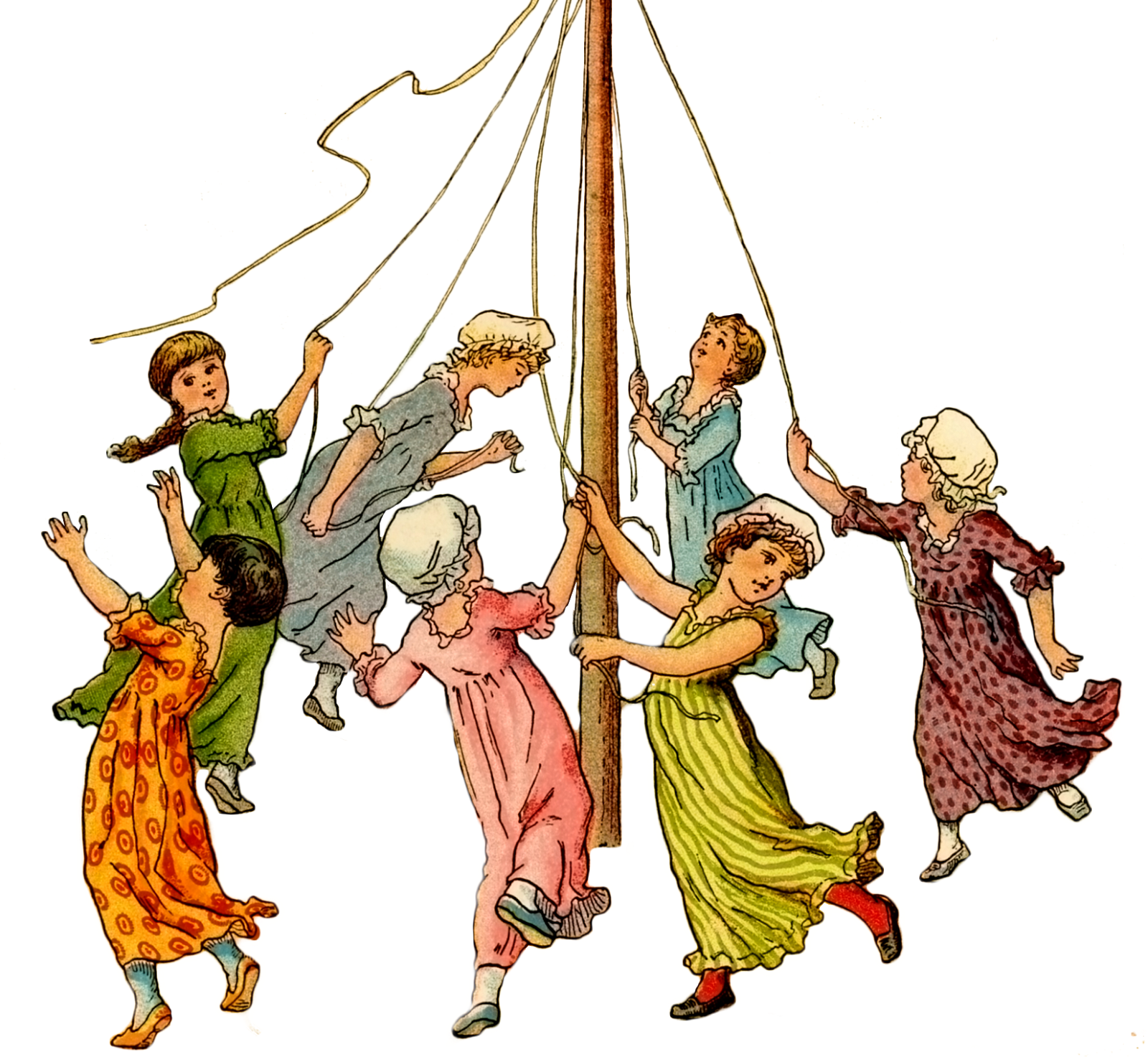Family ties were of utmost import in these pre-Christian societies, so that the slight of a kinsman was considered a grievous offense against one's person. The same loyalty could start a war or keep a dangerous man from justice. Often, disputes would arise between one's spouse and one's family member. In my reading, the side of the blood-relative is almost always taken over that of the spouse. And children, being tainted by half their blood, might suffer or be spared for the offending parent.
In the Mabinogi, Branwen, sister of the high king of Britain, is betrothed to the king of Ireland to keep peace between the two lands. Branwen's other brother, however, finds insult in not being consulted about the marriage, and in a fit, slaughters the Irish king's horses. The high king, Bran the Blessed, is himself greatly offended by their brother's doings, but rather than punish or disown him, offers recompense to the Irish king. The Irish king takes the gifts and his bride, but does not forget the slight, and a series of events unfold that lead to the scouring of two mighty lands. Branwen loses her child and dies of a broken heart before the end of it.
 |
| Branwen releasing a starling to send a message to her brother of her mistreatment at the hands of the Irish king, source |
A similar deterioration occurs in late Arthurian legend, when Arthur will not--or cannot--decry the adultery between his wife and Sir Lancelot, a brother in honor and oath--since the arrival of Christianity, an even stronger bond than blood. The adultery weakens the kingdom, and in this weakness, King Arthur's nephews are able to overthrow and mortally wound him.
 |
| Alan Lee, the head of Bran the Blessed |
I used to pinch the covers of my books in frustration at Bran and Arthur--surely, they could have avoided such tragedy by a firm decision and a swift act. But the truth is that their situations are universal and entirely relevant. The conflict of family loyalty and honor is as alive now as it was then. And in the news on the television, and in our own personal lives, we too often encounter those who let toxic family relationships destroy all hope for happiness.

.png)


